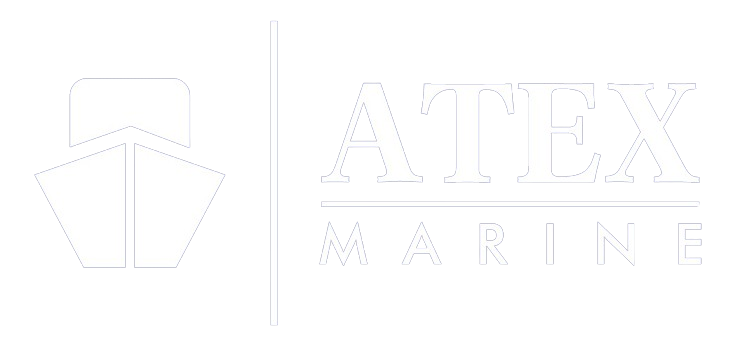AUTOMATION
Understanding Marine Power Management Systems
Marine Power Management Systems (PMS) are critical onboard systems that monitor, control, and optimize the distribution and consumption of electrical power on ships and offshore installations. These systems ensure efficient operation, enhance safety, and optimize fuel consumption by managing power generation and distribution according to varying load demands. This guide explores the key aspects of marine power management systems and addresses frequently asked questions about their functions, benefits, components, and operational considerations.
What are Marine Power Management Systems?
Marine Power Management Systems are integrated systems that monitor and control electrical power generation, distribution, and consumption onboard ships and offshore platforms.
Benefits of Marine Power Management Systems
Implementing marine power management systems offers several advantages:
- Optimized Power Distribution: Ensures efficient distribution of electrical power to meet varying load demands and operational requirements.
- Enhanced Safety: Monitors electrical parameters and automates responses to prevent overload, short circuits, and other electrical hazards.
- Fuel Efficiency: Optimizes power generation and consumption, reducing fuel consumption and operating costs.
- Remote Monitoring: Enables real-time monitoring of power systems from control centers or shore-based facilities, enhancing operational oversight.
- Compliance: Helps vessels comply with environmental regulations and safety standards by optimizing power usage and reducing emissions.
10 Frequently Asked Questions (FAQs) about Marine Power Management Systems
| FAQ | Answer |
|---|---|
| What is a marine power management system? | It is a system that monitors, controls, and optimizes electrical power generation, distribution, and consumption onboard ships and offshore installations. |
| How do marine power management systems work? | They monitor electrical loads, generator performance, and power distribution to ensure efficient operation and prevent electrical failures. |
| What are the components of a power management system? | Components include generators, switchboards, distribution panels, load management software, sensors, and monitoring devices. |
| Why are power management systems important? | They ensure reliable power supply, enhance safety by preventing electrical hazards, and optimize fuel consumption for cost-effective operations. |
| Can power management systems integrate with other onboard systems? | Yes, they can integrate with navigation systems, communication systems, and propulsion systems to provide comprehensive vessel management. |
| Are power management systems customizable? | Yes, systems can be customized to meet specific vessel requirements, operational profiles, and regulatory standards. |
| How are power management systems maintained? | Regular maintenance includes inspections, testing, software updates, and calibration to ensure system reliability and performance. |
| What are the safety features of power management systems? | They include overload protection, short-circuit detection, emergency shutdown protocols, and alarms to safeguard against electrical failures. |
| Can power management systems reduce environmental impact? | Yes, optimizing power usage reduces fuel consumption and emissions, contributing to environmental sustainability and regulatory compliance. |
| What training is required to operate a power management system? | Crew members responsible for power management should receive training on system operation, emergency procedures, and maintenance protocols. |
Conclusion
Marine Power Management Systems are essential for optimizing electrical power generation, distribution, and consumption onboard ships and offshore installations. By ensuring efficient operation, enhancing safety, and reducing environmental impact, these systems contribute to reliable and sustainable maritime operations. Understanding their functions and addressing common questions can help maritime professionals effectively manage and maintain power management systems to maximize operational efficiency and compliance.
